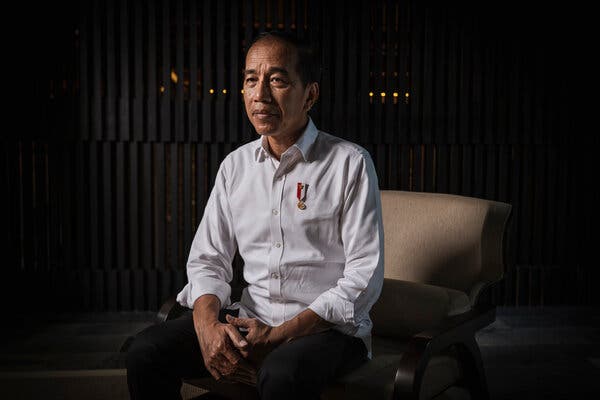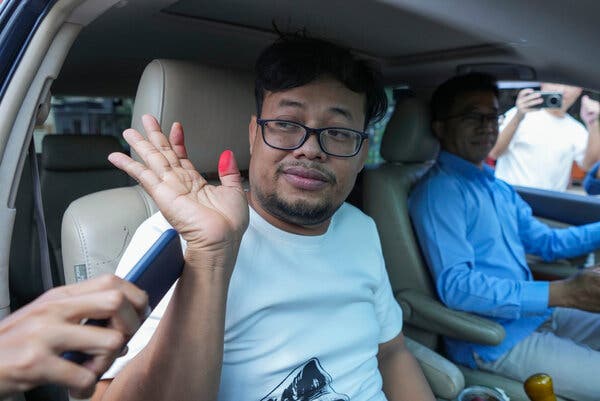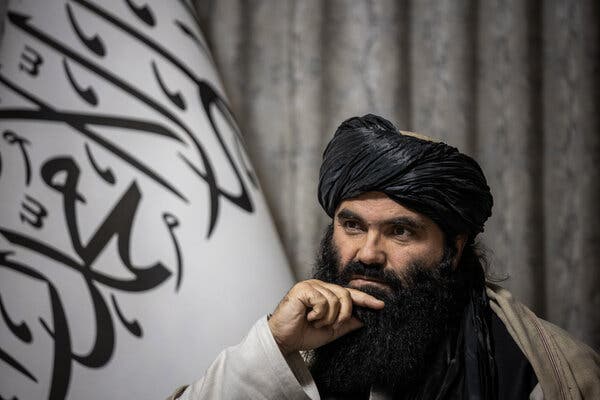Joko Widodo rose from a slum to the presidency. But with his tenure ending, he is being accused of undermining democracy by trying to install a political dynasty.

The words “emergency warning” galvanized protesters in Indonesia in August. It was a rallying cry to protect the world’s third-largest democracy, which broke free from dictatorship less than 30 years ago. Thousands of protesters took to the streets. Some stormed the gates of Parliament, tearing one down in fury.
The threat, as they saw it, was from their elected leader, President Joko Widodo.
In his two terms in office, Mr. Joko, who stepped down on Sunday, transformed Indonesia, virtually eradicating extreme poverty in the sprawling archipelago, where about 280 million people live. But many believe he also tried to bend the laws to install a political dynasty, undercutting the very democracy that let him become the country’s first president who was not from the military or the long-established political elite.
Last year, critics say, Mr. Joko — widely known to Indonesians as Jokowi — engineered a Constitutional Court ruling that let his 36-year-old son run for vice president. The son, Gibran Rakabuming Raka, was elected in February alongside Mr. Joko’s choice to succeed him as president, Prabowo Subianto, a former defense minister and general who has been linked to human rights abuses.
In August, Mr. Joko’s allies attempted another maneuver to get his 29-year-old son, Kaesang Pangarep, on a ballot for political office. Infuriated Indonesians saw it as another about-face from Mr. Joko, who once declared, “Becoming a president does not mean channeling power to my children.”
Thousands of protesters gathered outside the Parliament and Constitutional Court in Jakarta, the capital. Mr. Joko was subjected to very personal attacks, as social media users cursed him by using his birth name, Mulyono. (Mr. Joko was a sickly child whose parents renamed him in hopes of better health; calling him Mulyono was tantamount to casting a hex.)



